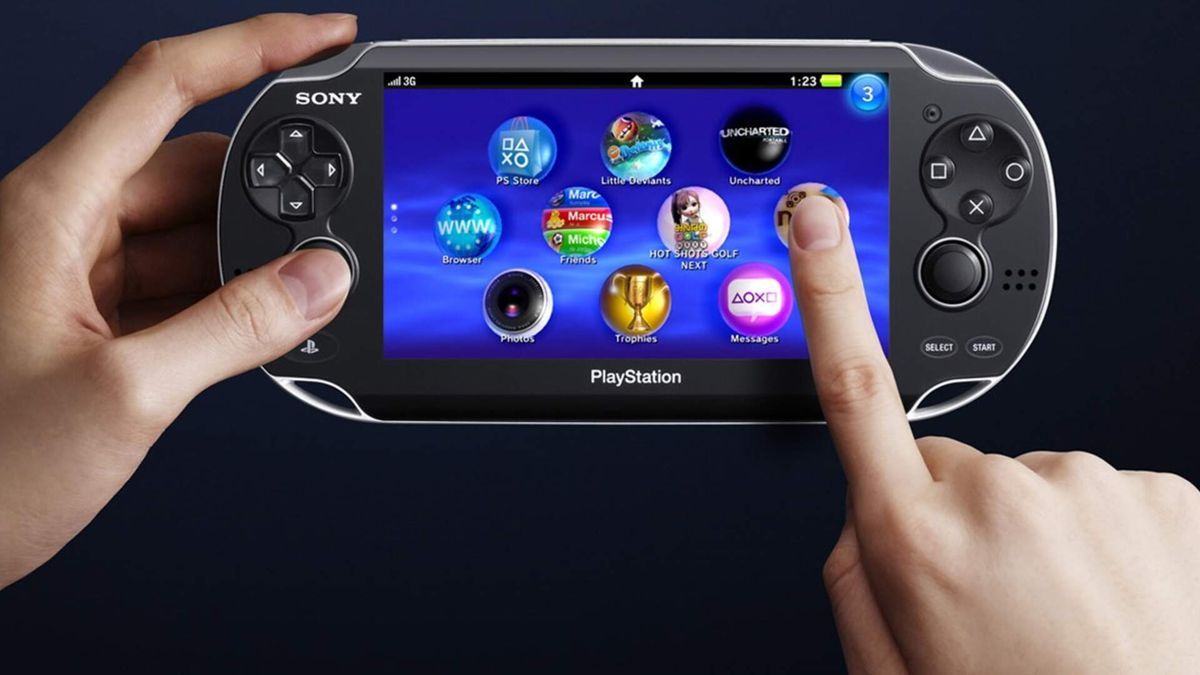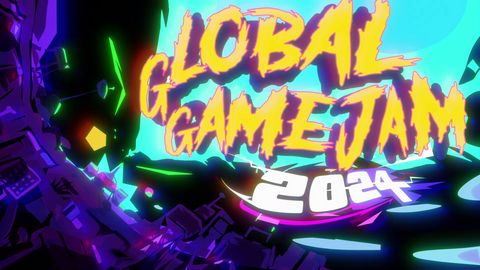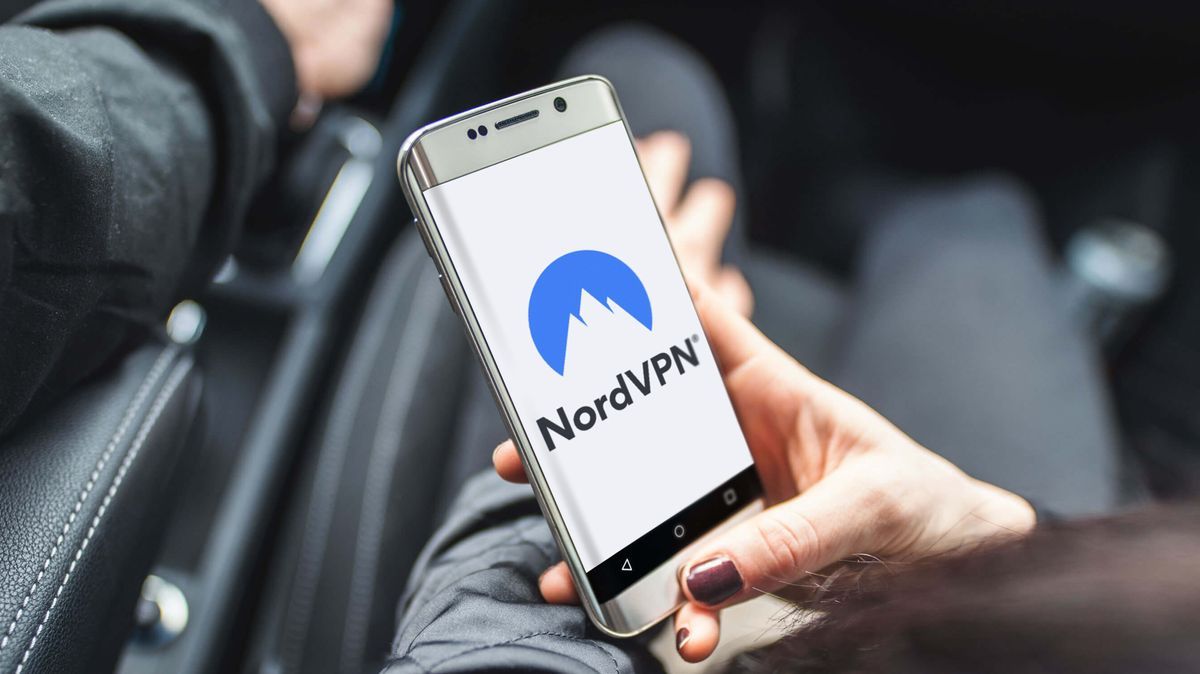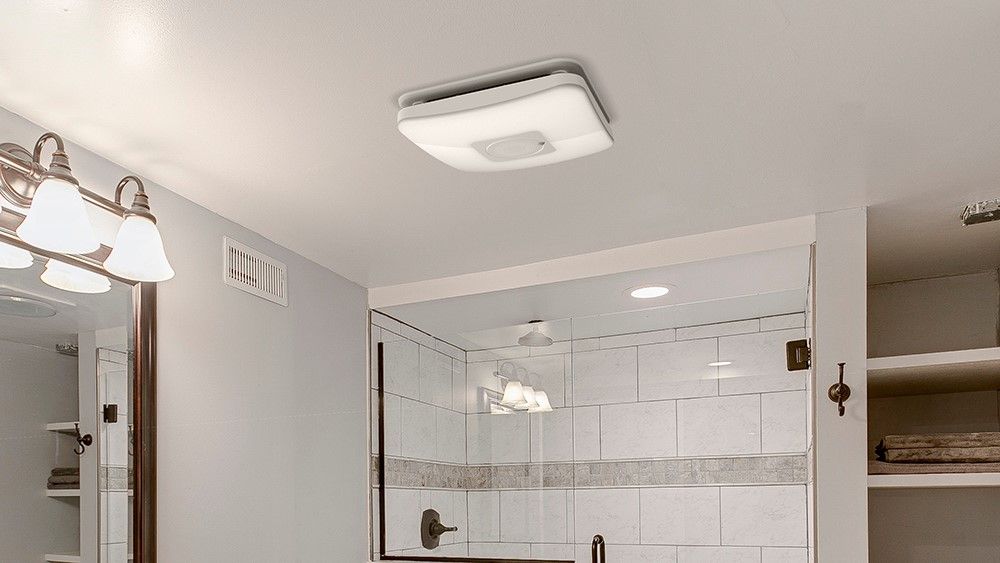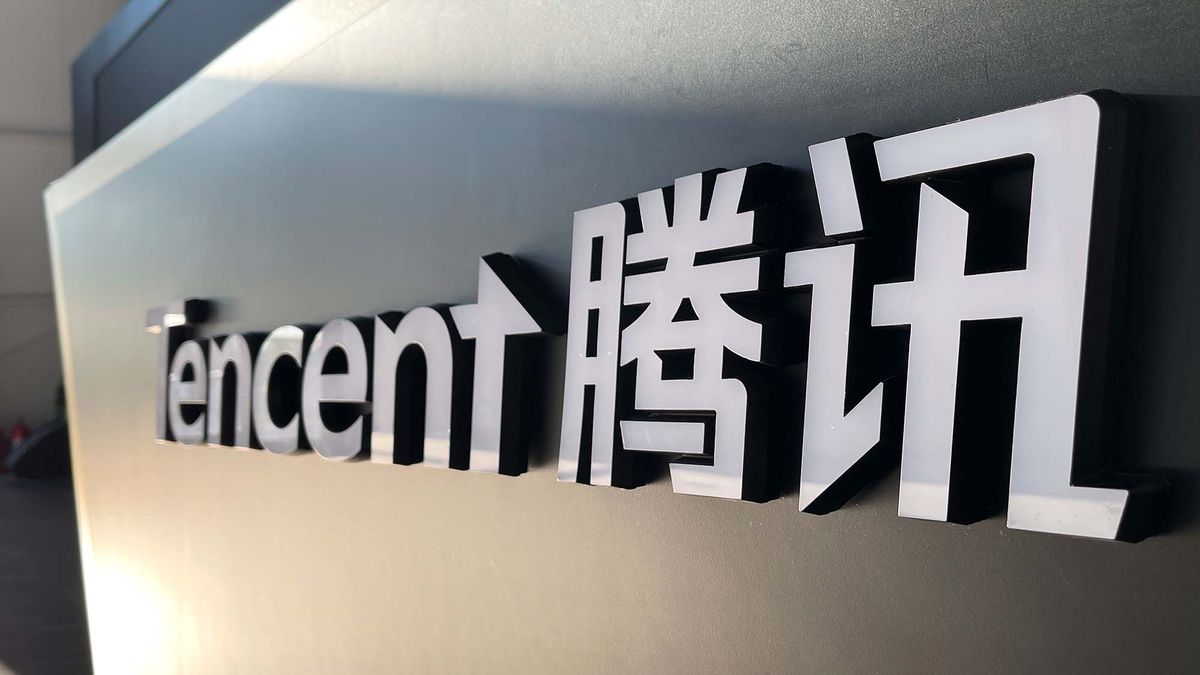Remember when Sony released handheld gaming systems that, in their heyday, were on par with the handheld king, Nintendo? Apparently, Sony remembers that too, at least according to a statement from the tech giant.
Known leaker, Tom Hendersonsays Sony is “paying close attention to the current handheld market” due to its success with the PlayStation PortalIn fact, Portal has been a surprise hit since its launch in November 2023, with Sony claiming that sales exceeded its expectations and it reportedly became the The best-selling accessory for PS5 in 2024.
It’s not a bad bet considering the boom the PC handheld market has experienced in recent years thanks to Valve’s successful Steam Deck, which was then followed by other powerful consoles such as the Lenovo Legion Go, the Asus ROG Ally, its successor, the Asus ROG Ally X, and many more. And Sony is a veteran that knows how to create an incredibly successful handheld console that sells in the millions, just like the PSP.
There is one major stain on Sony's record, however, one that caused the tech giant to pull out of the market and stay out ever since: the PS Vita.
What happened to the PS Vita?
Despite the fact that the Vita had incredible hardware for its time (it was easy to develop for, had excellent graphics, a fluid and feature-packed user interface, and was very affordable), it quickly flopped and failed to meet sales expectations.
The worst part is that this failure was largely due to Sony's own shortcomings. The first and biggest failure was the complete lack of support for first-party and third-party games. Sony Japan Studio largely took charge of first-party games, developing many titles for the handheld, but, aside from a few ports, there wasn't much support on this front.
Third-party support was also harder to come by, as many developers opted to release titles for the Nintendo 3DS, which, despite its much weaker hardware, had a much larger install base and would therefore likely generate higher sales. And if the games library is lacking on both fronts, what incentive does a gamer have to invest in this system?
Finally, there was the memory card issue. The PS Vita had very little memory on the micro SD card that came with it, so buyers had to buy other SD cards. This wasn't a huge problem, except that instead of making the system compatible with literally any brand of SD card on the market, only original cards designed specifically for it could be used, which were several times the price of regular ones and rarely dropped in price.
To this day, I still mourn the loss of the PS Vita, an amazing handheld console that was so thoroughly mistreated. If Sony decides to enter the PC handheld market, I sincerely hope that it has learned the lessons that the Vita has taught it and makes sure that it is properly supported without price gouging on memory.
Please Sony, don't make the same mistake again.

